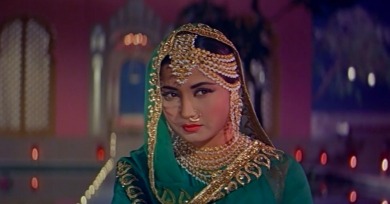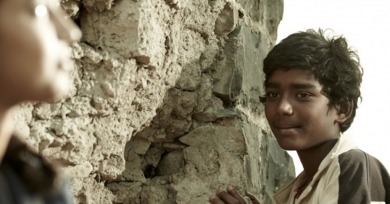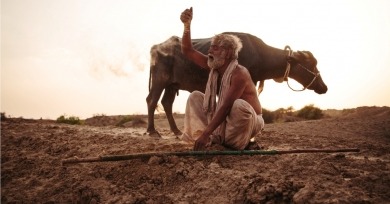Devika Girish
In the cartography of American academia, I was on the outskirts. But Iranian cinema felt like a part of my world, and to see it treated with the seriousness and reverence usually reserved for the Western canon affirmed me profoundly.
The Calming consists of tableaux as elegant and precise as blocks of ice, fixing Lin in the solitude of hotel rooms, cars, trains, and parks, or in moments of hushed chitchat with a curator in Tokyo, a colleague in Beijing, a friend in Hong Kong.
On the delight of "unglamorous isolation," the revitalizing energy of two iconic movie stars, and the power of a great entrance.
Her fourth feature contends with colonialism at the level of the text, dramatizing the very origins of the malaise the infects the contemporary milieus of her previous features.
Manjule is something of a modern-day pioneer, as a Dalit director making unabashedly caste-centric films that have acquired both critical and commercial acclaim.
“It is a time when this country is under a lot of criticism, rightly so, and I have found my place in portraying certain things, but showing them to you in a way that you get to make your own judgment. And so far, I have been very moved that people want to see the good of this country.”
The proliferation of domestic film festivals and the support of the National Film Development Corporation of India have facilitated an increasing number of local, out-of-mainstream spaces for film production and viewership, enabling the rise of regional independent movements.






